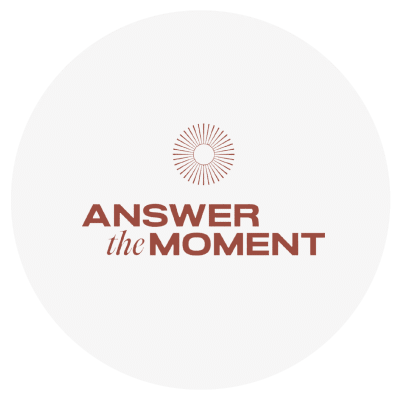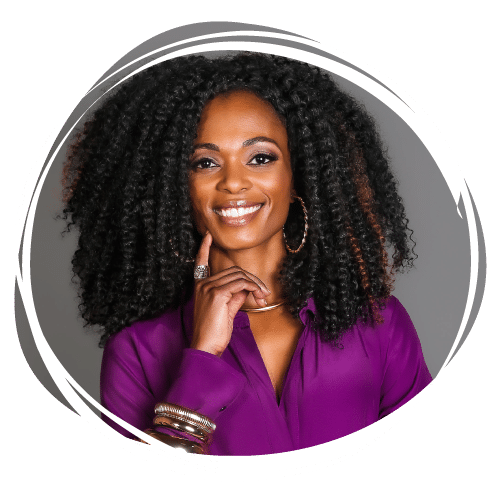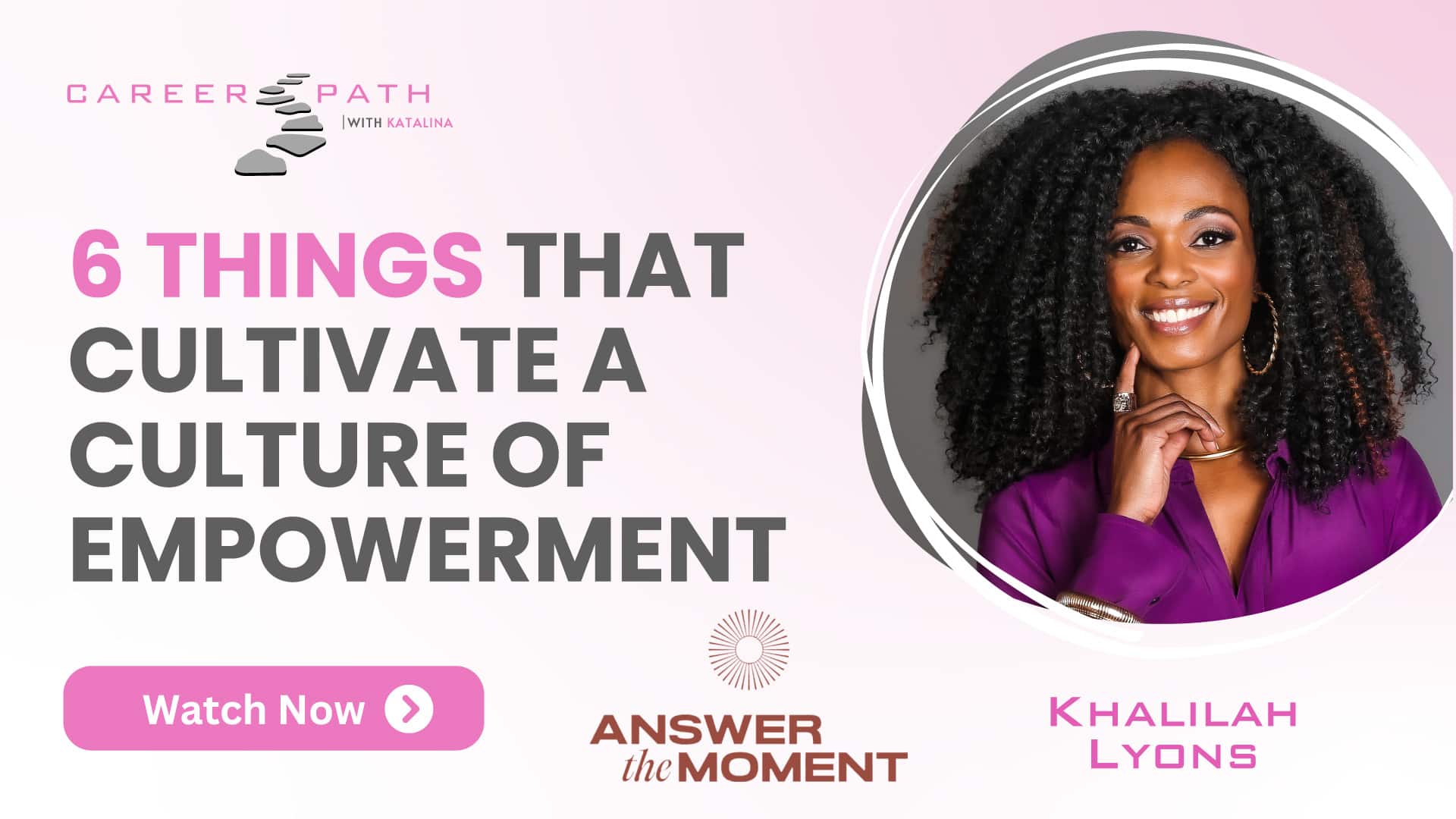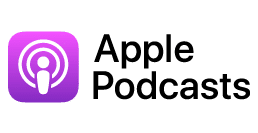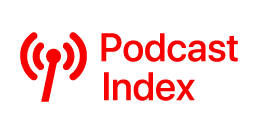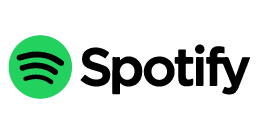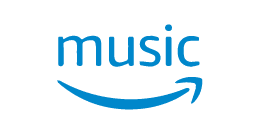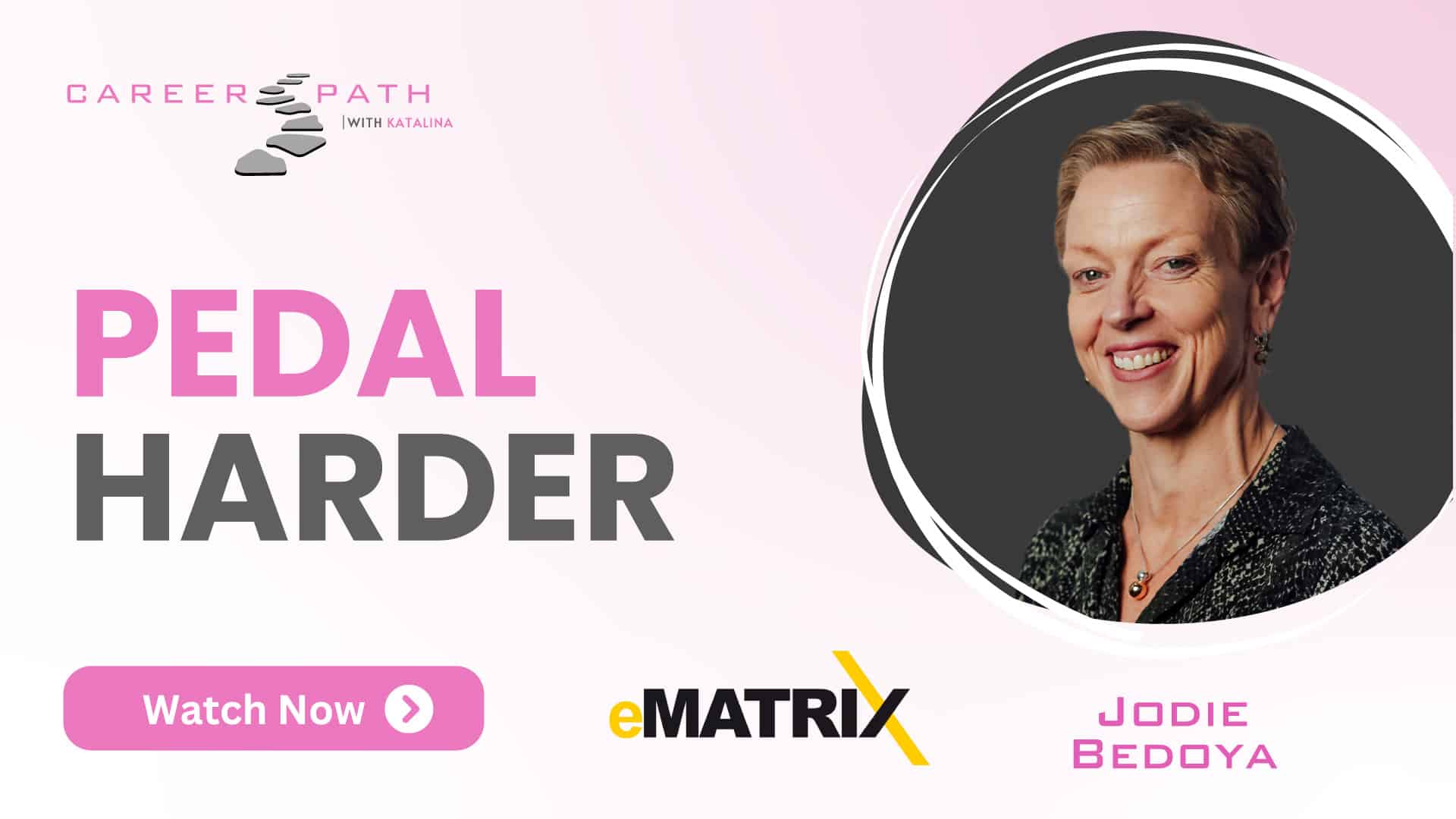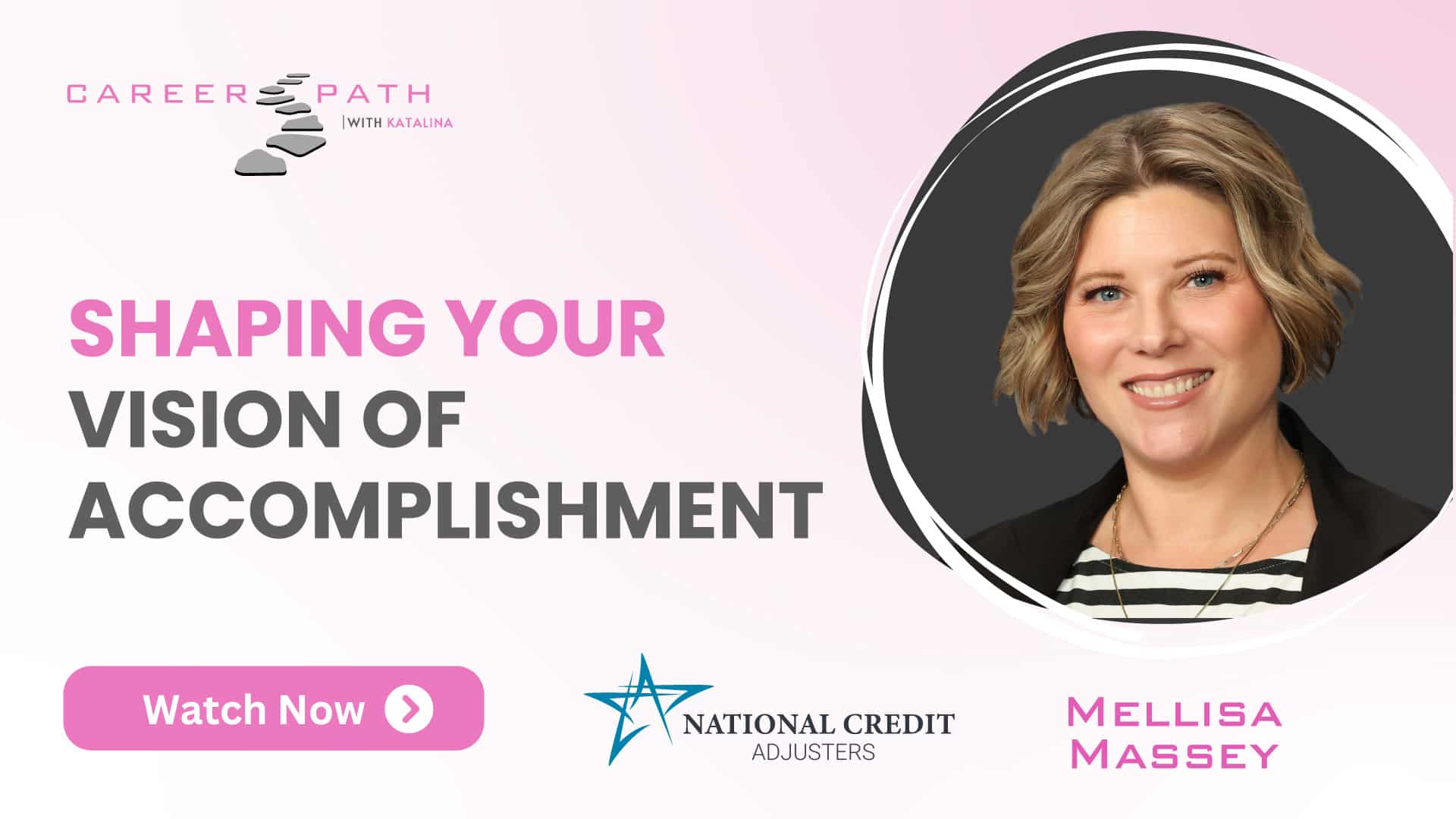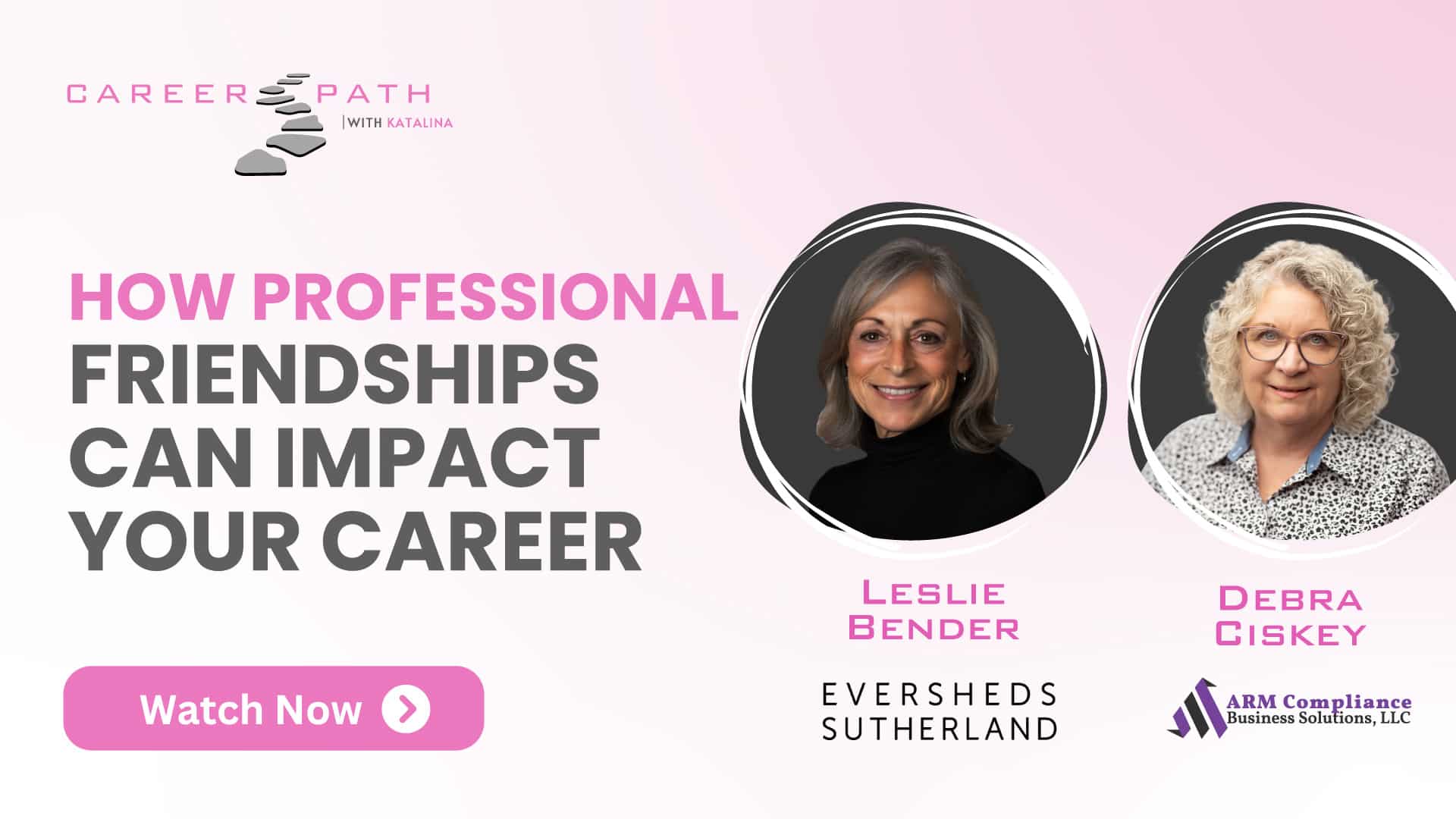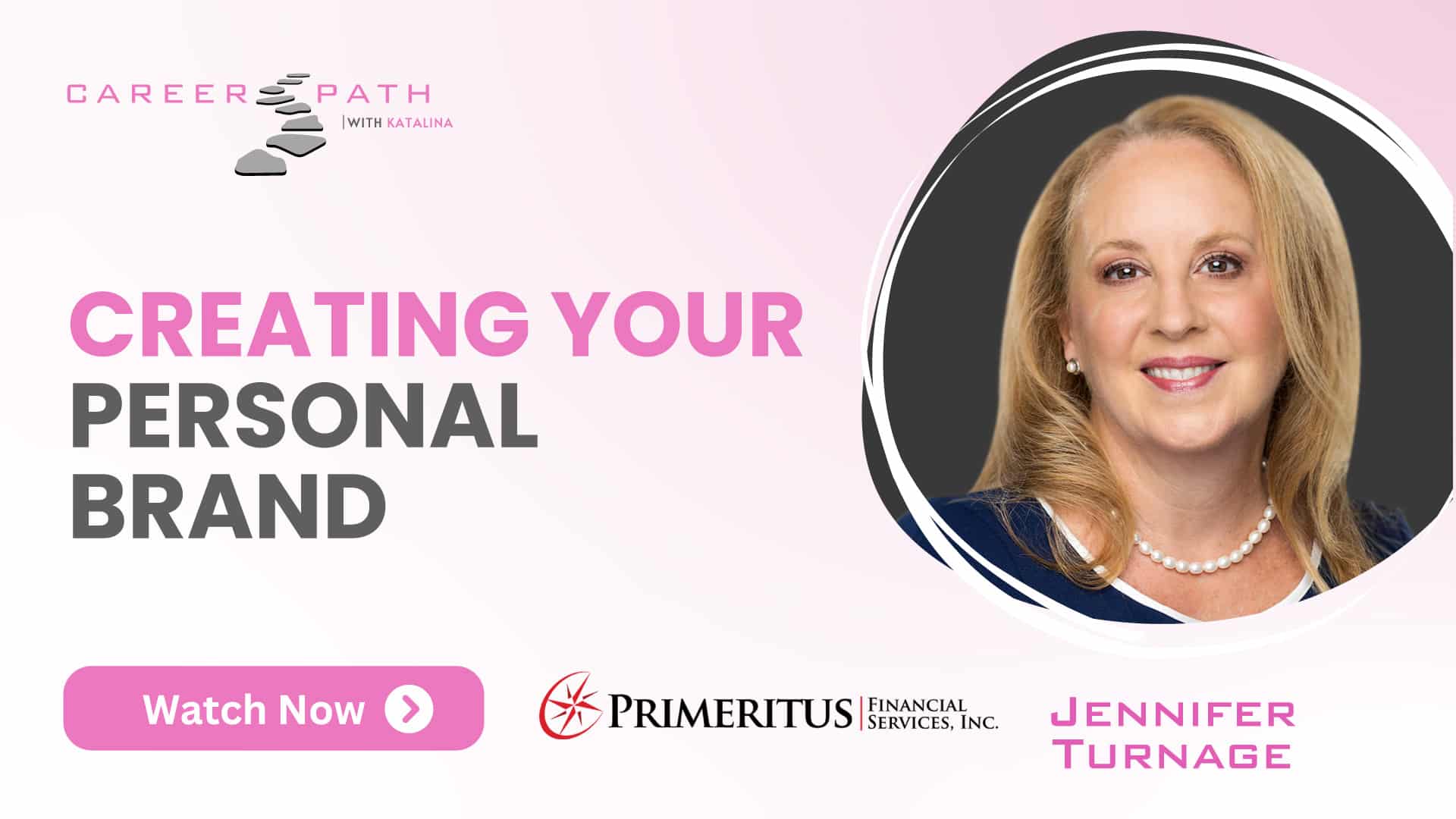Katalina (00:00.846)
Hello and welcome back to another episode of Career Path. I am your host Catalina. Today we are discussing a very special topic. It is six things that cultivate a culture of empowerment. And I have an extremely special guest here to discuss this with me. She is also the first guest that is not in the receivables management industry. This is Kalila Lyons. She is a DEI expert and also a founder, coach, storyteller, movement maker, speaker, mentor, and even a writer.
I also have her book, is very exciting. If you get a chance, you should check it out. Kalila, it is such a pleasure to have you on today. Thank you so much for joining me.
Khalilah Lyons (00:38.273)
It is incredible to be here and I have to say, I just got a little jolt of delight knowing that I'm your first guest that's not in the receivables industry. So what an honor to be here and be able to have this conversation and bring a different perspective.
Katalina (00:54.478)
Of course, my pleasure. I am so excited to have you on. I've seriously been just jazzed about this for a couple weeks to have you. So would you be able to share a little bit about yourself, your background, and how you got to where you are today?
Khalilah Lyons (00:59.828)
Hahaha!
Khalilah Lyons (01:07.585)
Absolutely. So my background, I'm coming with 20 plus years of working across many different industries. it's that experience of being in corporate and manufacturing and business service center, also working in a luxury pet resort has really shaped how I approach my work with my business, Answer the Moment today and why I focus on cultures of empowerment.
and ensuring that every day that intersection of leadership habits, culture, and employee purpose are working in a way that focuses on and brings an organization to its thriving point, its optimal point. And it comes because no matter what culture I was working in, I saw that common thread of the leadership habits and how that shapes the culture and how that shapes how people are showing up.
So today I'm here, I have my business Answer the Moment where we're really focusing on being the most multifaceted, compelling organization that has the most relevant resources that you need, these blueprints that really codify what does it mean to have a culture of empowerment so that your employees are feeling valued, so that leaders are feeling connected and open and vulnerable, and we're seeing outcomes that aren't just strong business numbers.
but outcomes where employees are able to be themselves on a day-to-day basis. It also though, if I can share for a second, what's shaped how I am is being an outsider myself in so many situations, right? We work in these organizations where we have a certain dominant culture. And if you show up as an introvert,
or if you're the only black person in the room or the only woman in the room or so many different parts of my identity or how different identities have intersected, it has impacted how I was seen as a leader, how credible I've been, how I've been treated as an employee, and then working closely with leaders, seeing how that's impacted others and others in leadership roles. So taking all that in,
Khalilah Lyons (03:16.897)
And also being in spaces where we stay so much in the concepts and the theory and not what it means to contextualize this and bring it to actual principles and perspectives and practices that people can bring day to day. That's what's really shaped who I am and how I bring my work to the table and why today we're talking about six things that cultivate cultures of empowerment. Because at the end of the day, diversity, equity, and inclusion is incredible, but we want to make sure that
All of the things that we do lead to people at every level being empowered in the role that they're in.
Katalina (03:52.354)
Mm-hmm. That is incredibly important work. And I'm sure it took a lot of introspection and analyzing the different situations that you were in to get to that point, to really understand it at a depth where you could not only speak about it, but help teach and coach and mentor people about it. This is incredible. And for anybody who is a constant listener of this podcast, you guys know I love quotes and I always talk about quotes. It could literally be the
take a drink when Catalina says a quote podcast. But while you were talking, it made me think of this quote that says something along the lines of your boss and the culture at your work is more important to your health than your doctor is. Because where you show up every day, the stress, the environment, that makes a massive impact on you both emotionally and stress and everything like that can.
affect you physically. it's so important.
Khalilah Lyons (04:51.531)
We done. There is data behind that. The work can be the reason why you're going to the doctor, right? They are that leading at indicator that gets you to the doctor. And in so many of my sessions, my conversations with employees when I'm coaching leaders, I do get at that and get at the subtleties of what we do and what we say. Again, these North Store goals, they're great when we're talking about culture.
But how we show up in doing that work, that's what matters. That's what impacts the collaboration, the innovation. But to your point, the wellbeing of people, if their appetite is starting to change, if they're now focusing more on, did I say the right thing? Does this person like me? Versus focusing on the reason that we hired them. So getting at those practices, again, the principles, practices, perspectives that we'll talk about.
becomes incredibly important and sitting in these rooms and being one to observe and think about how talent strategies impact business strategies, I've just really been able to hone in on a lot of different things. So even though we're covering six today, Catalina, I do sessions and have so many others that we could talk about. So these are just the six, I think I told you it was hard for me to hone in on which ones I even wanted to share, but we'll start with these six today.
Katalina (06:13.056)
Sounds good, yeah. So this is gonna be a little bit different than the structure of most of the podcasts because we are gonna hit six things. We're gonna hit three principles, two perspectives, and we're gonna wrap it up with one practice. So let's dive into those three principles, starting with number one, which is diversity, equity, and inclusion are values to be lived and embedded.
Khalilah Lyons (06:25.749)
NERF.
Khalilah Lyons (06:36.417)
Yeah, so when we think about in a lot of organizations, so principle number one, diversity, equity, and inclusion a lot of times is one approached as a program or a priority that can be shifted up and down, or it's something that can be owned by just leadership or HR. And even when organizations are doing it and making sure it's across all the policies and practices that they have,
it hasn't so much been embedded as an actual value, right? These are in three separate values, right? Are you valuing and thinking about who is in your organization? That's one value. I want to see diversity in this organization, diversity in all the different types of identities that come to the table and in honoring how those intersect. Am I valuing the diversity of, valuing inclusion and how people are included? So do I value
making sure everyone at the table is respected, everyone at the table is heard, everyone is experiencing wellbeing, psychological safety and so on. And then am I valuing equity? Do I value everyone is having fair outcomes? And I'll even add an extra of belonging, right? Because we can do all these things. We can have people at the table. We can make sure they're being heard. There's different outcomes, but I still may not feel like I belong. I still may not.
feel like I can bring my full self to the table. I'm only thriving in this system because I'm assimilating, right? So taking all four of those, because I'm adding belonging to it, as values, and not just practices, not just policies, but values that show up in everything that you do, is something that we need to ensure we start with as a foundation when we're thinking about that culture of empowerment.
Katalina (08:31.446)
Yeah, and I want to jump in there when you're talking about values, because there's this, I feel like there's a sense sometimes when people are talking about an organization that you see there's their mission and their values plastered on a wall or in a little plaque or something. And it's almost like that's the goal or it's just, you know, it's just on a wall. But a true value isn't just a statement.
It's a state of being and everybody when it is a true value should be feeling it and embodying it.
Khalilah Lyons (08:59.179)
Thank you.
Khalilah Lyons (09:03.467)
That's it. Yes. Yes. Yes. We start to get at more. We start looking more at as individuals too, right? You have this statement. It's kind of this concept that's outside of me, but now I'm getting to me, the person that's actually creating this culture, right? When you think about culture, it's about behaviors. It's about mindset. It's about practices of individuals and how those come together. So taking this and how do I as an individual value?
these things. And then when I started working with organizations, I ensure everyone starts to get really clear on how do these values look for you? Because it's also, and why I say principles versus a prescription, it's not going to be the same for everyone. But we should be aligned on what we want to see and how we want people to feel in the organization.
Katalina (09:53.422)
So say you're a leader of a company or an organization and you have these sets of values, how do you ensure that they are being embodied in your organization? Even if you feel them, how do you make sure that everybody else is with that value?
Khalilah Lyons (10:10.685)
Yeah, so that can get to, I just did a great session yesterday on everyday inclusion and what that looks like. And so there's many different ways, and I would love to come back to talk about inclusive leadership, that leaders can practice that. One of the easiest ways that I tell leaders is to have working agreements for your team. And it makes it much easier when we see people who may not.
be doing behaviors that align with the values that we've agreed upon as a team. So come with these working agreements, come to them together as a team, not as a leader, go create them, but co-create them with your team. Say, this is who we want to be as a team. These are the behaviors, these are the things that we value to ensure diversity, equity, and inclusion, and then honor those, be accountable for those. And you can even come up with ways to be accountable. One organization that I know of, someone is getting out of line with the values, they'll just kind of throw a white flag on the table.
And so without even needing to say anything that white flag is signaling, we're getting out of line with our values. So there's a lot of little things that you can do to ensure that these values are coming into place. Just having education around micro affirmations, right? When we say we want to honor the values of diversity, equity and inclusion, what does it look like to actively listen? What does it look like to have
resonance and repeat back what you're hearing to listen and ensure you're understanding a person before you just respond. So again, I can go on and on on what those practices are to hold people accountable. But I will say too, while everyone owns this, it really does start with a leader because as a leader, you're in a position of privilege. And I say this with the best privilege has been the word villainized often.
Khalilah Lyons (12:02.646)
But you have privilege with resources and decision making and all these great things to leverage and then to model what it means to value diversity, equity and inclusion.
Katalina (12:15.052)
Yeah, and I love the idea of having everybody at the table for the discussion. I mean, that goes back to the inclusion, one of the biggest parts of DEI, one of the three pillars. And there is a quote that I was thinking about recently, but you reminded me of it. It's, if you're not at the table, then you're the meal. And I think that kind of makes sense. Yeah, it's like, if you're not at the table being included, being invited, then you're
Khalilah Lyons (12:23.201)
Exactly.
Khalilah Lyons (12:37.013)
I just heard that somewhere, yes.
Katalina (12:44.948)
being taken advantage of. And I think that's a fair way to think about it sometimes.
Khalilah Lyons (12:47.297)
Thank
Khalilah Lyons (12:51.783)
It is, and to add to that is if you aren't intentionally including, you're unintentionally excluding. A lot of time exclusion is mindless, which kind of seeps into the second principle that we'll get to, but we have to be intentional about those choices that we're making because a lot of times we're not intentionally saying, I'm not going to acknowledge this person in the meeting.
Khalilah Lyons (13:19.329)
But we can intentionally say, does everyone have, does anyone else have anything to add? Or simply say as a leader, if you have something you want to add after the meeting, please do. Because that relieves some of our introverts that don't want to talk in the meeting or may need more time to process. So again, those little subtleties that make such a significant difference and show that I know there's different identities and ways of working at this table.
Katalina (13:34.789)
man.
Khalilah Lyons (13:48.053)
And in the name of equity, because I value it, I'm going to put different things out there so everyone is included because I value that as well.
Katalina (13:57.038)
So that goes back to the value being a state of being. It's action, it's consistently something you're working on. So that's so cool.
Khalilah Lyons (14:04.253)
It's always, always, I always talk about to, it's the concept of it and understanding what it is, but then how do we contextualize it and not just in these broad goals, but how are we contextualizing it in our everyday? Yeah.
Katalina (14:19.541)
All right, let's hit the second principle. Are brains like a single story?
Khalilah Lyons (14:25.323)
Yes, our brains are, it's a magnificent organ in how it works and how it works to save us time and how it works for us to be as efficient as possible. But it is the key factor in why we unintentionally exclude because it likes a single story. So immediately when we meet someone, our brain has created a story. It's pulling from this unconscious library that we have of stories.
that we've collected over our lifetime. So as adults, decades of stories, right? And if you think about the fact that we're taking in 11 million pieces of information a second, and we can only process 40 to 50 a second, our brain is quickly saying, who is the in group? Who is the out group? Based on my library, is this person credible? Is this person safe?
is this person like me. We also work with about 150 cognitive biases. So our brain is working over time seamlessly to ensure that we have a story we need to interact with this person. It's just how it works, which goes back to why we have to be intentional about understanding who's in the room, intentional about how we connect with people and just being aware of
I'm thinking this about this person, but is this accurate? Do I have evidence? What more can I understand about who is before me? I do in some of my sessions and exercise before I introduce myself and share my bio, who do you think I am? And I'll ask all these different questions. And then I say, I don't care about your answer. I actually want to know what your brain went to, to make that decision. And so people talk about my background, my energy level.
Katalina (15:47.598)
Yeah.
Khalilah Lyons (16:12.735)
different things about me that may indicate if I have children or not, but that's how our brain works. It's just pulling information. So we, we really have to ensure that we're, we're navigating that and being intentional and just pausing. Again, one of my favorite questions to put on people is why am I thinking what I'm thinking? And it feels unnatural in the beginning as does with any change, but it'll feel uncomfortable until it doesn't, but really getting in the habit.
Katalina (16:39.16)
Yeah.
Khalilah Lyons (16:40.385)
ensuring that when we meet people, we get all of the aspects of who they are and not see them as a single story because that's where our brain is going to go to first.
Katalina (16:55.372)
Yeah, and fighting that cognitive bias reminds me of one of my favorite like psychology quotes ever, and it's not by a psychologist. It's actually Mr. Rogers, if you're familiar with him. I know you have kids.
Khalilah Lyons (17:06.753)
course, I grew up with Mr. Rogers. I'm in that generation. Yes.
Katalina (17:10.134)
Yeah. I loved Mr. Rogers growing up. And there's a great quote from him where he says, like, no matter what feeling you have, it's OK. No feeling you ever have is wrong to have. What matters is how you respond to it and how you act on it. So you can have a bad feeling like, I want to punch my friend in face right now. It's OK to feel like that level of anger.
Khalilah Lyons (17:24.961)
Yeah.
Katalina (17:37.282)
What's not okay is to then punch your friends in the face. You have to be able to monitor yourself and navigate those feelings in a mature way. And I think that speaks volumes to how you address those cognitive biases.
Khalilah Lyons (17:52.509)
It does. And what you made me think of is a term wicked work with which comes to this type of work and this focus on culture. So there's wicked work and tame work. And so tame work is, you know, the typical work. And I'm not trying to undermine anybody's. But if you think about finance, for example, most of it is A plus B will equal C. We know exactly the process we should take. We're all in agreement of the outcome and the way we're going to get to the outcome.
Wicked work, which happens anytime you're with people because people are going to people, means that now we're having a lot more ambiguity. Everybody's perspective is right, right? Going back to what you said, I can't invalidate how you're feeling. And there's going to be multiple solutions that we should consider. But being aware of that and continuing to be intentional about how you navigate that, that's what makes a difference when we start to create those cultures of empowerment.
Katalina (18:46.808)
you
Khalilah Lyons (18:51.337)
And it gets us to negotiate meaning that we're placing on things and expectations that we have of people, which is a whole other conversation around cultural intelligence, which is critical to my work too. But you mentioned, I think it was maturity and getting at emotional intelligence. And we can't undermine the importance of cultural intelligence too. And what that means for...
our culture and what we expect of people and then how people are showing up authentically and naturally based on their culture. And I don't mean just someone in a different continent or country, but just even all the incredible, beautiful subcultures that we move in and out of on a day-to-day basis. Team cultures, the culture at home, the culture in the neighborhood, all those different things. People are coming to work with a lot and just being aware of that and how we navigate that. Again, it's not a single story, but our brains.
Katalina (19:45.134)
Yeah.
Khalilah Lyons (19:46.045)
a single story, so making sure we get intentional about getting past that.
Katalina (19:51.542)
Yeah, well, let's hit our third principle before we dive into those two perspectives. We've got commitments require care.
Khalilah Lyons (19:56.308)
Yes.
Khalilah Lyons (20:00.523)
Commitments require care and as I was thinking about it, also our commitments require curiosity too. When I get into this work, I always say, or when I start with a client and we're having these conversations, curiosity and care are going to be your superpowers in really bringing a culture of empowerment to life because the care ensures that what we're...
doing and as we're interacting with people, we're really being genuine in wanting to understand who they are, what their needs are, and how we can be attentive. Again, going back to the choices that we make and being aware of who's in the room. And curiosity allows us in getting to the right care to move beyond any assumptions that we may be making of others right away and making sure we're truly seeking to understand.
the experiences of others and how that impacts how they show up at work and having an appreciation for it, not just a tolerance for it. You're here, I get it, okay, but a true appreciation and value of it. And so we're leveraging that to ensure we're having the right innovation and the collaboration based on these people that we've added to this organization that are interacting together day to day.
Katalina (21:20.952)
There is so much power in showing up with curiosity. There really, really is. In so many different situations, it can extend far beyond this. So I love that and focusing on that. Show up with curiosity whenever you can. All right, I know we're getting tight on time, so I want to make sure we get everything in there. Let's dive into the two perspectives. No worries. Let's start with what if the argument isn't about the argument? I'm very curious to hear what that means.
Khalilah Lyons (21:24.447)
Yes. Yes.
Khalilah Lyons (21:30.269)
I'm
Khalilah Lyons (21:35.445)
Yeah. Okay.
I've all ready.
Khalilah Lyons (21:50.689)
Yeah, so this gets at when we're building cultures of empowerment and we have all these different people coming in and we're starting to ask them to work together. And then especially just in the climate that we're in now where there's so many different things going on outside of work and it's coming into work. And then we're starting to increase our conversations around diversity, equity and inclusion, which means we're disrupting.
status quo and we're challenging our biases. And again, a single story that our mind likes to work with that brings discomfort. And with that, it brings conflict. But a lot of times that surface thing that people are saying they do or don't like, there's a lot underneath that. So I always say that initial argument probably isn't the argument. And this is where you bring in the superpower of curiosity.
and start to ask more questions to really understand, start to show up with resonance to really understand. And one of the simple practices I give people is if someone says, and I'm keeping it super simple, I don't like this change you're asking me to make. I think this goes against who we are as an organization as an example. Simply say, tell me more about that. Before you even get into explaining why we should do that, get into tell me more about that because that's the initial argument. This goes against who we are as an organization.
Katalina (23:04.718)
Thank
Khalilah Lyons (23:15.361)
But there's something more to that. And it gets you to start to acknowledge the transitions that people go through when we're asking them to change. And we always have to honor that people aren't readily going to say, I'm a champion when we bring change, even if it's the best change. So let's have that conversation and not focus on being right in this argument, but understanding so we can move in the right way from the argument.
Katalina (23:41.474)
about showing up with curiosity again.
Khalilah Lyons (23:43.807)
Growing up with Carrie, I said it's a superpower. It's in everything. That's it. Yeah.
Katalina (23:46.838)
Yeah, I love it. So the next perspective, what if their point of view is also valid? I like that.
Khalilah Lyons (23:55.455)
Yes, and I touched on that when I brought up Wicked Work. And this is just, again, having an appreciation for no matter if I agree with you or not, with your perspective, with your beliefs, you have gone through some lived experiences that have made you feel safe in this mindset, that have made you feel safe with this point of view on life. And it's not a matter at this point of
Khalilah Lyons (24:23.403)
who's right and who's wrong. Now, I say that saying there's definitely some things that are wrong and harmful with people in their certain point of view. But when we're having a conversation and we're looking to create a culture of empowerment, again, going back to that curiosity, I need to understand first your lived experiences. I want you to take the time to understand mine.
Khalilah Lyons (24:48.403)
And that's how now we can go and negotiate meaning and what this means for the organization and how we're going to work together. But coming and saying, that's wrong, that doesn't make sense to me, that's ridiculous versus pausing and saying, well, what if there is something to this point of view? Or let me just understand their point of view because you've had a lived experience. That's what we need to do to ensure, again, we're going back to those values of
Khalilah Lyons (25:16.501)
There is diversity in point of view. And how do we include these point of view? And with equity, how do we meet them where they are with their point of view so we can move forward?
Katalina (25:26.092)
Yeah. It makes me think of working with children. So I don't know if I told you this before, but I used to be a nanny. I love working with kids. did okay. And then I also used to be like a rent a princess. So I've like worked a ton with kids. I can't wait to be a mom one day. Like, I just, love kids and it makes me think about working with kids and how, say, they were really excited to go to the McDonald's play place today.
Khalilah Lyons (25:33.609)
You did tell me that, yes.
Love the background. Yes.
Katalina (25:54.936)
but it's storming outside. We can't go because the streets are flooded and they're losing their mind, freaking out. And you want to sit there and be like, stop, there's so much worse. There's people who are in a hurricane that lost their houses. Like there's so many terrible things. But from their perspective, their little child mind, they're four years old. This is literally the worst thing that has ever happened to them.
Khalilah Lyons (26:19.285)
Because McDonald's is the best thing that's going to happen to them. Yes.
Katalina (26:20.974)
It is, but that's where they come from is they don't understand. They haven't been through the terrible things that every adult has been through the wringer. We've lost people we've loved. We've had a bunch of things happen to us. So we have that perspective to be able to say, not being able to go to McDonald's today is very much not a problem. It's kind of a disappointment, but not a problem into them.
Khalilah Lyons (26:32.577)
No.
Katalina (26:45.792)
It is the worst thing that has ever happened to them and trying to come with that curiosity and that understanding when you work with kids and go, hey, I might not get why it is this big of a deal, but it's that big of a deal to them. And to just come to them respecting that means the world. It makes all the difference to come like that. it's that...
To kill a mockingbird quote, like you've got to walk a mile in somebody else's shoes and think from their perspective to kind of be like, hey, this point of view, well, I don't see it necessarily to begin with. It's very valid. It is valid.
Khalilah Lyons (27:22.266)
It is valid and how do I leverage that? And it goes, when you talk about that, going back to the concept of privilege or if we want to take out the word of privilege, that we've had in life, advantage, viewpoints, advantages with our experiences, all of that, that someone else may not have had or that someone else may have experienced in a very different way. And in privilege shows up a lot of times we focus just on privilege based on
race or gender, but there is privilege that comes with education. There's privilege that comes with how you can spend your time. There's privilege. And, you know, did you grow up in a home versus an apartment? All these things, right, can even impact if you show up and you have someone that you're working with that they may not ever say this and you don't really want to put a label on it, but maybe this lack mindset, right? So they're always coming from that perspective and thinking,
more from a negative perspective based on the experience. So what do you know about them? And so much of this going back to being curious, just really especially curious about the people that you work with. I provide my clients with engagement blueprints and it has a list of questions that they can fill out for themselves and have everyone on their team fill out. So you can really just get to know that much more about them, especially more than what may come up in the chit chat before a meeting starts. Yeah.
Katalina (28:43.348)
Mm-hmm. that's great. That is fantastic. I want to see that if you're willing to share it with me. So let's jump into that last piece. Let's talk about the practice item, embracing micro affirmations.
Khalilah Lyons (28:47.601)
I'm
Khalilah Lyons (28:51.958)
Yes!
Khalilah Lyons (28:56.161)
Yes, so we've had our three principles, we've had our two, so this is what I call the three, two, one connect. and I have several of them. So we've had the three principles, two perspectives, and now here's one practice that everyone can take with them. And my practices, I try to keep as relevant as an actionable, as simple as possible. I didn't come up with this one, but this is a very powerful one that I've seen as I work with coaches, as I work with teams. And it's simply starting to say yes. And in response to all.
Khalilah Lyons (29:24.673)
Instead of yes, but right so yes, and it's two parts and the first with the yes is you are acknowledging what the person before you just said right you're not just talking over it You're not interrupting you're saying yes to what you said. I heard you I Understand you I've been listening to you. I'm showing respect
Katalina (29:36.365)
Yeah.
Khalilah Lyons (29:47.539)
And the and piece now allows you to build upon those contributions. And now we're getting back to collaboration. We're getting back to inclusion. We're getting back to I feel like a belong because Catalina is adding to what I said, right? We're all here bringing our different perspectives. So let's add to the conversation versus negating what someone said, dismissing what someone says that yes, but or interruptions when someone is speaking, it harms psychological safety.
Khalilah Lyons (30:16.657)
It alarms how people feel they can contribute. And as a leader, especially her colleague too, you can start to pay attention to who new hires are the best example joined and we're trying to share all these ideas. And now they've kind of start to sink back in the conversation because they're always being talked over. And some of this comes from cultural differences too. Some cultures do talk over each other. So it's negotiating that, but yes, and.
Katalina (30:34.296)
Yeah.
Khalilah Lyons (30:46.069)
and starting to implement that as a working agreement, going back to how we can create working agreements, that's a very powerful one of as we speak in this meeting, we're gonna start our sentences with yes and. So that's a practice I encourage your audience to say at work and at home.
Katalina (31:03.264)
Yeah. So I have a background in acting, which I've told you about before, and I also did a lot of improv and that is a huge rule. It's like one of the biggest rules in improv is you never want to be like, that's not a telephone. That's it's always yes. And yes, that's a telephone. And it magically changed into a fish. It's not, no, it isn't. It's a fish. It's like, yes. And you can always expand on it. You never want to be negating it. Everybody.
Khalilah Lyons (31:10.731)
Yes.
Yes.
Khalilah Lyons (31:18.699)
this night.
Katalina (31:29.39)
Because then the scene is never gonna work. It's never ever gonna work. Because all it's gonna be is people creating friction where there doesn't need to be. And this also reminds me, wow, no.
Khalilah Lyons (31:31.489)
That's it.
Khalilah Lyons (31:39.842)
Invalidating experiences and I'm sorry I literally interrupted you. Yes.
Katalina (31:46.766)
That's okay. It also reminds me of something that my therapist and I had a big discussion on one day. So we were talking about somebody who hurt me very bad in the past and they had done some terrible things to me. So we're discussing that and I said, it is so hard for me to navigate these emotions because then I think about all these times where things were really good and we had great times together and it was really happy. But then they did these horrible things and
And I'm so conflicted and she said, it is safe for both of those things to be true. It's safe and it's okay to have duality. In fact, the world is made of duality. So yeah, you had some really good times and some things were great and that's great. They also did terrible things. Both are true and it's okay that both are true. You don't have to make it black and white. It's gray and most things are. So yeah.
Khalilah Lyons (32:20.705)
So that's right. That's right.
Khalilah Lyons (32:44.213)
That is absolutely going back to the wicked work, right? Everybody's perspective or multiple experiences that can coexist, but it never is black and white. It's never just A to B or this linear experience. And the more we can have not even just an acceptance of this, but a full appreciation of what this means to our life and how it's contributed to our life. And then that life that we're bringing into the workplace.
Katalina (32:44.672)
of the video.
Khalilah Lyons (33:14.7)
Again, the more we can cultivate these cultures of empowerment.
Katalina (33:19.851)
I could talk about this with you all day. This is fantastic. I love having you on.
Khalilah Lyons (33:22.953)
I'm really working and trying to be respectful of the time because each thing I've said is almost an entire session.
Katalina (33:34.158)
Totally, and you know what? We went over our typical time. That is fine. I don't even care. I think this was a fantastic discussion. And Kalila, I want to thank you so much for being on with me today and sharing your deep experience, all of your insights. This was incredible. Thank you so much.
Khalilah Lyons (33:45.983)
have a mate.
Khalilah Lyons (33:50.753)
appreciate being here, Catalina. I look forward to speaking offline again.
Katalina (33:56.006)
Of course, and to anybody who doesn't know Khalilah, please follow her, check her out, connect with her on LinkedIn. She is an incredible person. And to all of our listeners, if you have any questions, comments, or episodes you would like to see if you want Khalilah back, please leave it in the comments below. We'll try to get to all of them. I hope to have her back one day. And we will see you in our next episode.
